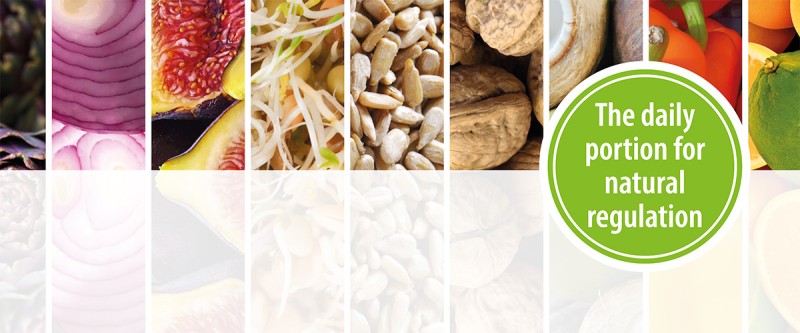The refinement of valuable, natural resources through special fermentation techniques with specifically chosen cultures is the purpose of the innovative company livQ.
The multi-variant lactic acid cultures and their properties are of special interest for the spirit of research. The specially developed Propaferm®-technique defines the different parameters of the natural fermentation and is used for manufacturing the livQ Bio-Essenz.
Based on this technique, other forward-looking products are developed.
What does the Proferm-technique stand for?
The livQ Propaferm®-technique is defined through parameters of controlled fermentation in a closed system. Natural resources are subject to variation. The Propaferm®-technique is adjusted to those variations and protects the high quality of the product. Further, the technique ensures the complete decomposition and the enzymatic conditioning of the whole material due to the livQ-culture.
The livQ-culture develops from unique lactic acid cultures surviving and propagating through plant-based cultivation. Every new fermentation process for the livQ-Essenz starts with this special, living livQ-culture.
We ferment our Bio-Essenz with this living livQ-culture.
Fermented foods are products determined to be consumed, which are made from raw or heated raw food material with botanical or animal origin. They have characteristicly sensory, nutritional as well as durability, hygiene or utility value determining properties, which are crucially influenced by the microorganisms and/or enzymes (from the raw material).
These fermented foods bring a list of advantageous properties:
– They are highly safe concerning hygiene.
– Their durability is increased compared to raw material.
– The raw material is improved by refinement of properties concerning quality.
– Substances which can be toxic or decrease well-being like cyanides, haemagglutinins, goitrogens, proteinase inhibitors, phytic acid, oxalic acid, glucosinolates and heavy sugars are partly degraded.
– The manufacturing process requires low energy input.
– They oblige the wish of natural respectively organic foods.“
Source: Deutsche Forschungsgemeinschaft „Mikrobielle Kulturen für Lebensmittel“
Final version 29.03.2010, 2. 1. Fermentierte Lebensmittel




